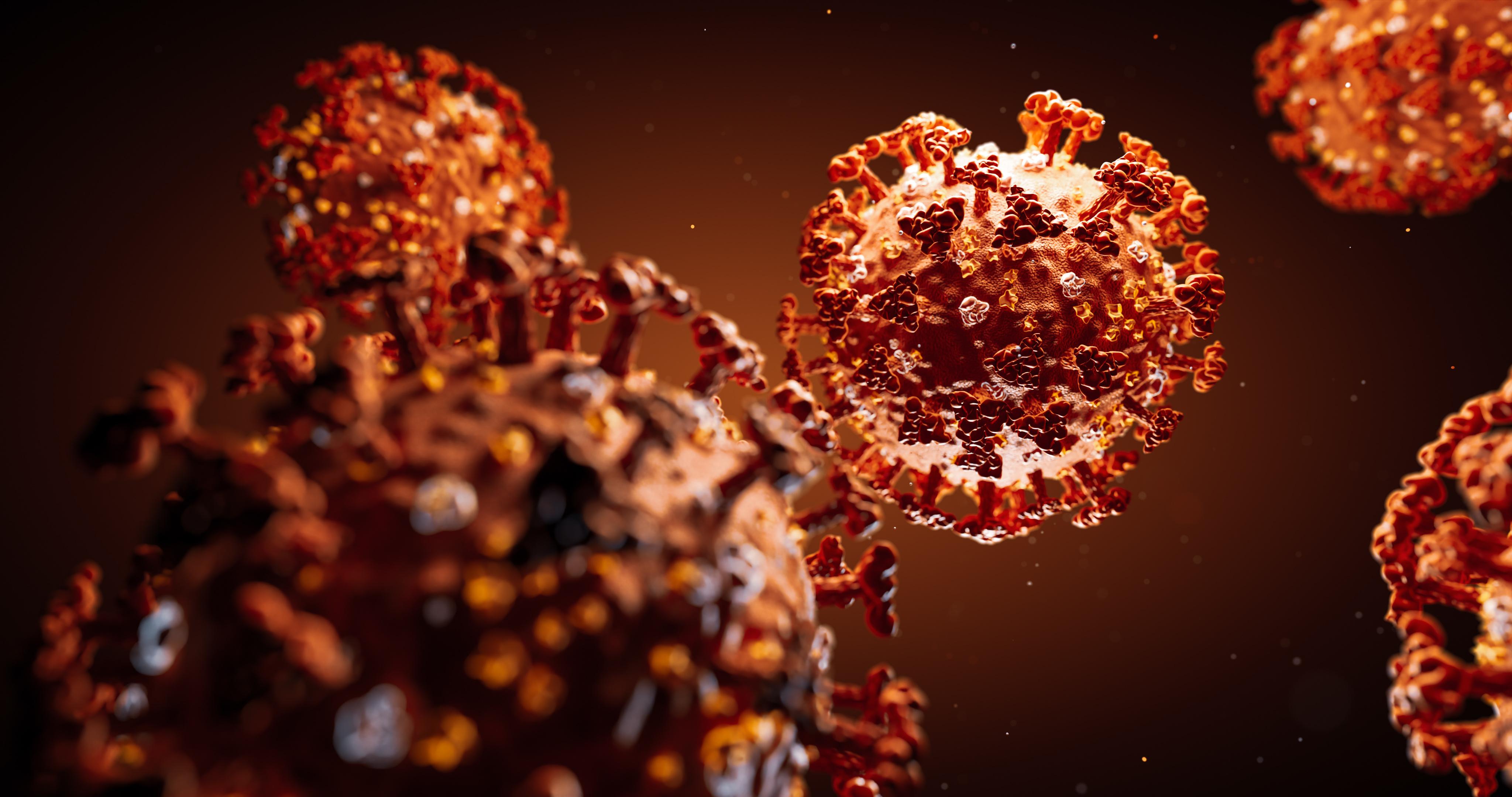Antiplatelet Therapy Unlikely to Improve Organ Support-Free Days in COVID-19
Data from the REMAP-CAP trial suggests use of aspirin or P2Y12 inhibitors had a low likelihood of improving organ support-free days in critically ill patients with COVID-19 within 21 days compared to no antiplatelet therapy.

New research suggests use of antiplatelet therapy in critically ill patients with COVID-19 had a low likelihood of improving the number of organ support-free days.
An analysis of data from the ongoing REMAP-CAP trial, which assess multiple interventions with multiple therapeutic domains, results suggested the median number of organ support-free days between those who received and did not receive antiplatelet therapy was the same and the posterior probability of futility for use of open-label aspirin or P2Y12 inhibitors to improve odds organ support-free days within 21 days was greater than 95%.
“Among critically ill patients with COVID-19, treatment with an antiplatelet agent, compared with no antiplatelet treatment, had a low likelihood of providing improvement in the number of organ support–free days within 21 days,” wrote investigators.
An adaptive platform trial conducted with the intent of assessing the best treatment strategies for patients with severe pneumonia, REMAP-CAP has assessed the effects of multiple interventions, including corticosteroids, anticoagulants, antivirals, interleukin 6 receptor antagonists, and convalescent plasma, for COVID-19 survival and enrolled more than 9000 patients with suspected or proven COVID-19 since the start of the pandemic. In the present analysis, investigators detailed information from patients randomized to antiplatelet therapy against no antiplatelet therapy to provide further insight into the effects of antithrombotic therapy in critically ill patients with COVID-19.
Enrolling patients from October 30, 2020-June 23, 2021, a cohort of 1557 patients from 105 sites in 8 countries were randomized to receive open-label aspirin, a P2Y12 inhibitor, or no antiplatelet therapy in addition to anticoagulation thromboprophylaxis. These interventions were continued in the hospital for a maximum of 14 days and the follow-up lasted 90 days, with a final follow-up date of July 26, 2021.
The primary end point of interest for the study was organ support–free days within 21 days, ranging from −1 for any death in hospital to 22 for survivors with no organ support. For the purpose of analysis, organ support-free days were defined as days alive and free of ICU-based respiratory or cardiovascular organ support. The study had 13 secondary outcomes, which included survival to discharge and major bleeding to 14 days.
The investigators’ primary analysis was a Bayesian cumulative logistic model, with an OR greater than 1 representing improved survival, more organ support-free days, or both. Investigators defined efficacy as a greater than 99% posterior probability of an OR greater than 1.0 and futility was defined as a greater than 95% posterior probability of an OR less than 1.2 versus the control.
Of the 1557 critically ill patients with COVID-19 who underwent randomization, 565 were randomized to aspirin, 455 were randomized to a P2Y12 inhibitor, and 529were randomized to no antiplatelet therapy. A group of 8 patients withdrew consent, but 1549 completed the trial. These patients had a median age of 57 years and 33.6% were female.
Upon analysis, results indicated the median for organ support-free days was 7 among both the antiplatelet and control arms (median-adjusted OR, 1.02 [95% credible interval {CrI}, 0.86 to 1.23]; 95.7% posterior probability of futility). The proportion of patients surviving to hospital discharge was 71.5% in the antiplatelet arm and 67.9% in the control group (median-adjusted OR, 1.27 [95% CrI, 0.99 to 1.62]; adjusted absolute difference, 5% [95% CrI, -0.2% to 9.5%]; 97% posterior probability of efficacy).
Investigators noted an analysis of survivors indicated the median for organ support-free days was 14 in the antiplatelet and control groups. When assessing secondary end points, investigators noted major bleeding occurred among 2.1% of the antiplatelet groups compared to 0.4% of the control group (adjusted OR, 2.97 [95% CrI, 1.23 to 8.28]; adjusted absolute risk increase, 0.8% [95% CrI, 0.1% to 2.7%]; 99.4% probability of harm).
Investigators pointed out multiple limitations within their trial to consider when interpreting the findings. These included the open-label design, use of a composite outcome, and results from multiple antiplatelet agents were pooled in the analyses.
“In this trial, antiplatelet therapy met the prespecified criterion for futility in critically ill patients based on very similar outcomes for organ support–free days compared with control. However, in critically ill patients, there was a 97% probability that antiplatelet therapy improved survival to hospital discharge, with an adjusted absolute reduction in mortality of 5% and a 99.7% probability that it improved survival over 90 days,” wrote investigators.
This study, “Effect of Antiplatelet Therapy on Survival and Organ Support–Free Days in Critically Ill Patients With COVID-19,” was published in JAMA.